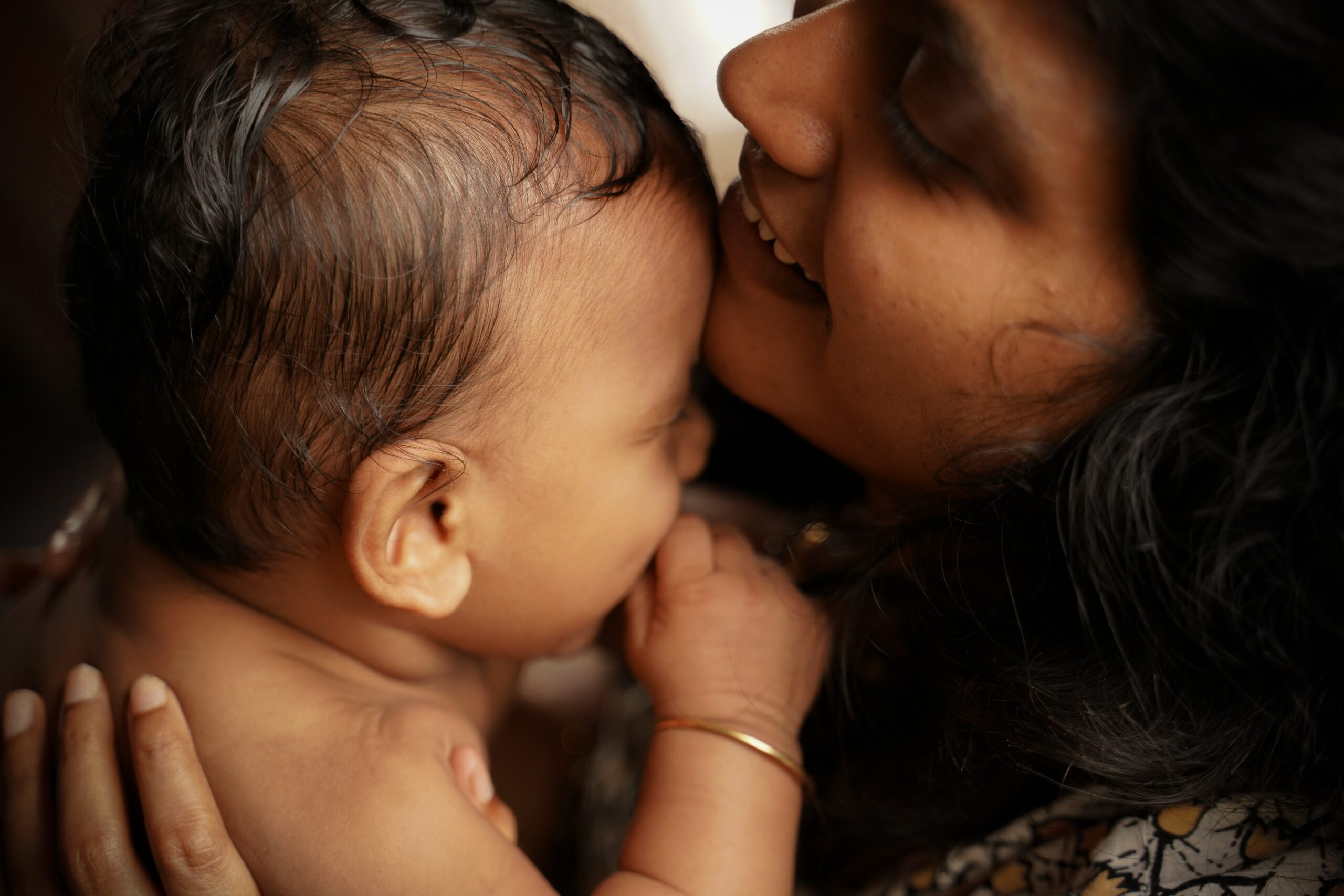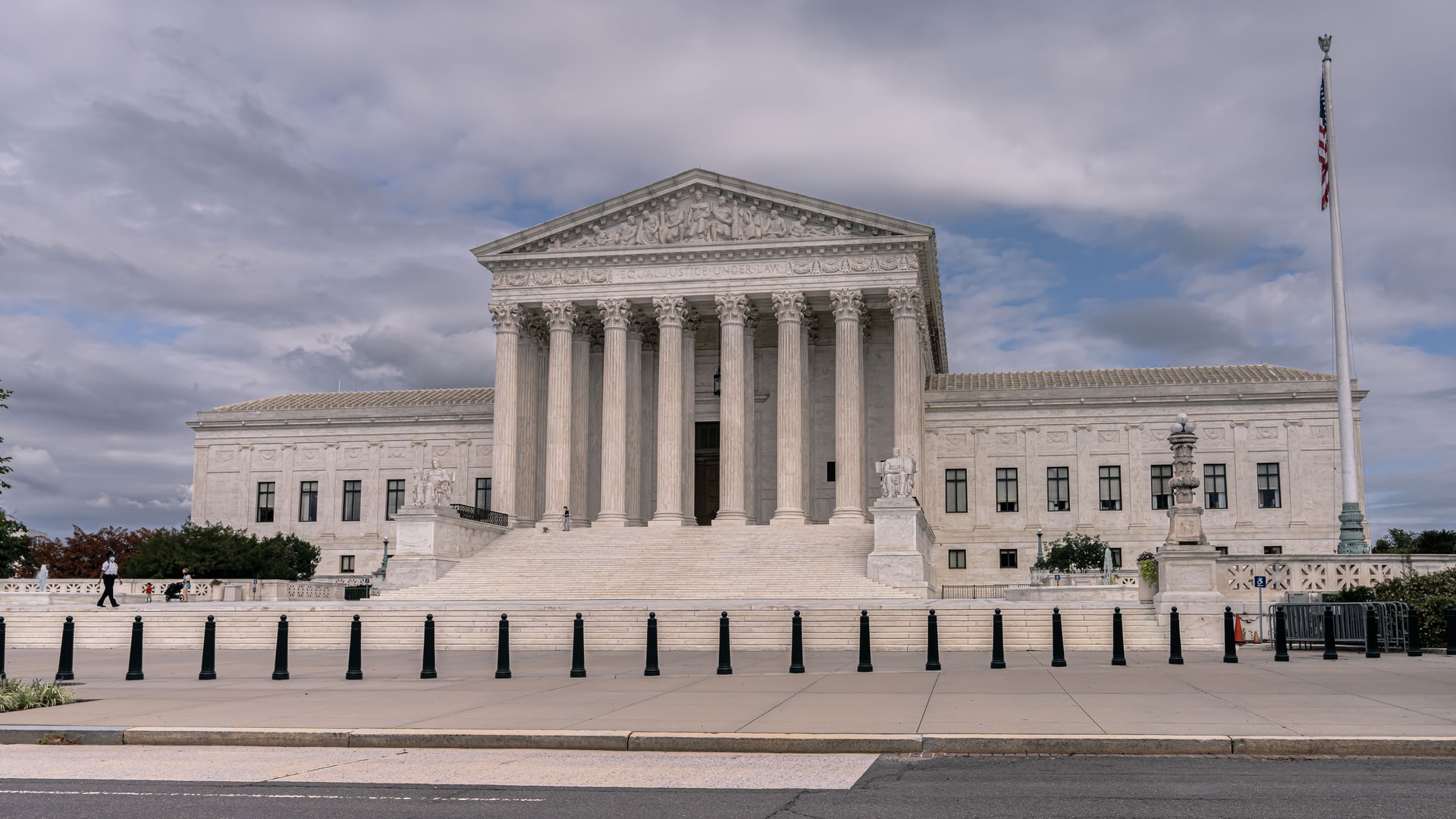This article co-authored by Pastor J.D. Greear and Pastor Brad Hambrick.
Yesterday the Houston Chronicle published an article entitled, “Abuse of Faith: 20 Years, 700 Victims: Southern Baptist Sexual Abuse Spreads as Leaders Resist Reforms.” As I (J.D.) mentioned yesterday, what this article describes is heinous. There can simply be no ambiguity about the church’s responsibility to protect the abused and be a safe place for the vulnerable.
We completely agree with the words of ERLC president Russell Moore:
Jesus does not cover up sin within the temple of his presence. He brings everything hidden to light. We should too. When we downplay or cover over what has happened in the name of Jesus to those he loves we are not “protecting” Jesus’ reputation. We are instead fighting Jesus himself. No church should be frustrated by the Houston Chronicle’s reporting, but should thank God for it. The Judgment Seat of Christ will be far less reticent than a newspaper series to uncover what should never have been hidden.
But anger and grief, while appropriate responses, are not sufficient to protect victims. What can easily be lost in the size of these numbers, which are grievously large, is the tragic fact that they cannot be the whole story.
More must be said and done in the coming days. But today, we want to provide some initial guidance to victims who have not yet come forward on how they can receive care.
If you have been victimized by a church leader (or anyone else for that matter) and the Houston Chronicle story rekindled fear and doubt about how you could receive care, please hear us: we are profoundly sorry. It is an unjust tragedy that you experienced abuse in the past. And it is unjust and tragic that you feel fear in the present.
We, the church, have failed you, but we do not want you to forgo care or counsel. To that end, here are some options to consider:
1. Realize you did nothing wrong. Abuse is never the fault of the abused. The appropriate response of anyone who is representing Jesus to you should be care and compassion.
2. It is understandable to be afraid. When people who should be trusted (like church leaders) violate that trust, it can make an already fearful situation (like abuse) even more disorienting.
3. Speak with someone who can help you process the abuse and resulting trauma.
- For immediate guidance, here are three numbers where you can reach trained professionals who are available 24/7:
- The National Hotline for Domestic Violence number is 1-800-799-SAFE (7233).
- The National Child Abuse Hotline number is 1-800-422-4453.
- The Rape, Abuse, & Incest National Network number is 1-800-656-HOPE (4673).
- For ongoing care, identify a counselor near you who is experienced in working with abuse and trauma. If you need help finding a counselor, here is guidance on finding a trusted Christian counselor near you with experience in your area of need:
- If you are not ready to speak with someone yet, consider reading On the Threshold of Hope by Diane Langberg or The Emotionally Destructive Marriage by Leslie Vernick. Both of these books do an excellent job of describing the healing process after abuse and would provide a taste of the benefits you would receive from working with a Christian counselor.
4. If you were abused as a child, then a report to Child Protective Services (or the equivalent in your state) will need to be made. If you are fearful to take this step alone, the counselor you speak with can help you do that.
5. If you are an adult who has been abused, the offense against you is no less wrong. Know that you have a choice about when in the process of your recovery that you choose to seek justice.
- Taking the steps in #4 or #5 ensures that the crime (not just sin) your abuser committed against you shows up on a background check. This helps protect others. Reporting a crime is not just a matter of protecting others, though. It can also be an important step in restoring your voice.
6. When you are ready, involve your current church in your recovery journey. This assumes you are not in the same church where your abuser is in leadership. It is understandable if you do not take this step for a while. Don’t feel rushed. Your first step in this direction might be inviting a Christian friend to be an advocate in your counseling sessions. God is a patient Shepherd who walks at the pace of his sheep (Psalm 23:4).
Before we close, let us say something directly to pastors and church leaders:
Please share the resources above through your personal and church’s social media accounts. It is easy for church leaders to become self-centered and self-protective when news of churches’ failures come to light. But it would be another tragedy and a reinforcement of the problem if we allow that to happen.
People in our churches and community need to know that we are concerned about their safety, not about our reputation. Until that confidence is restored, no one who has been abused will feel safe in our churches. The way we respond in this moment—either in protecting and caring for victims, or defending ourselves and our institutions—will either obscure or adorn the gospel we claim to preach.
Pastors, let us also remember to be patient with those who are understandably slow to trust. Even if we are not individually guilty of the things being discussed, people in our roles, who said the kind of things we say, are guilty of these very things. For those who have been abused or are close to a survivor, trust will come slowly.
As leaders, we need to remember that trust should not be an assumed entitlement for those who hold positions of authority. When situations are suspicious, then mistrust is not a sin. It is, in fact, wisdom rather than vice. For those who have suffered injustice and great harm from ministry leaders, their mistrust is something to be honored, not rushed.
Imagine it this way, if your child was abused by a teacher, wouldn’t you want your child’s next teacher to be patient with your child’s fear? Sure, the teacher could easily personalize that fear as mistrust and respond defensively. But the only appropriate response—the one you would want for your child—is one of patience.
If you want to learn about the impact of abuse, we would recommend this series of podcasts from Diane Langberg entitled Church as Refuge. Dr. Langberg will be giving similar lectures in the Washington DC area on February 15-16. We encourage as many ministry leaders as possible to attend.
And one final word, this time to everyone: While it is not enough to “just pray,” we absolutely should be praying for those who have been abused. Praying for the 700 people in the Houston Chronicle article. Praying for the many, many other victims who have not yet come forward. Praying for the abused in our very churches.
In addition to grieving and praying, we need to make sure, to the best of our ability, that those who are hurting in silence are cared for. What we have described here can help us toward that end.
There is more to be done. More will be coming out from our Sexual Abuse Advisory Group in the coming days.


